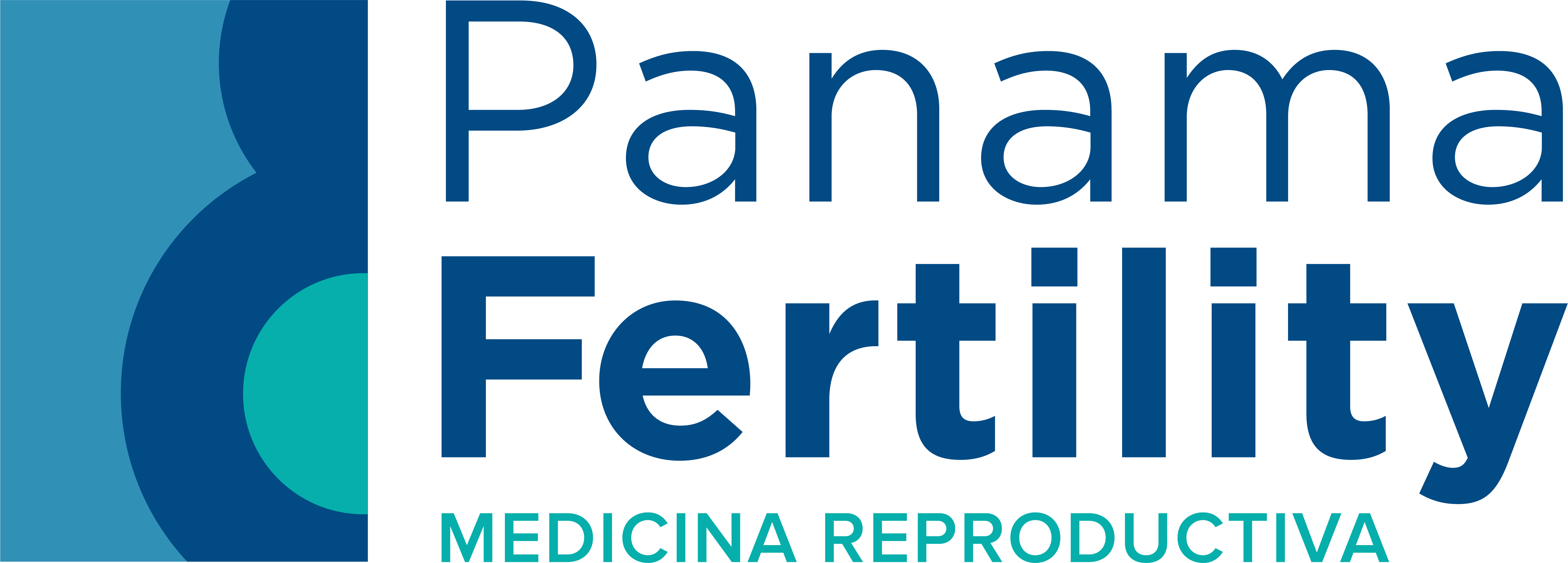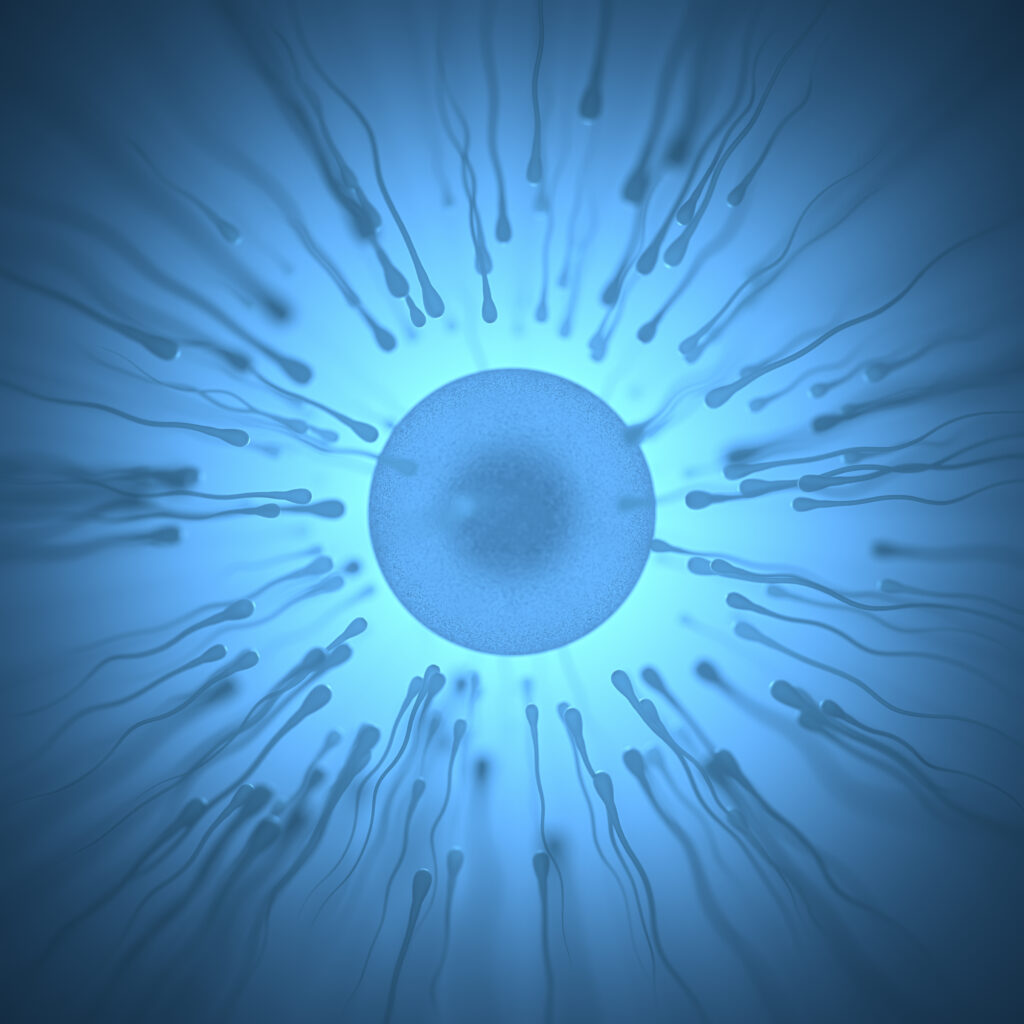Fertility Clinic
Insemination: Complete 2025 Guide to Natural and Assisted Conception

What Is Insemination?
Insemination is the process of introducing sperm into the female reproductive system with the goal of achieving pregnancy. This can happen naturally through sexual intercourse or artificially through medical procedures known as artificial insemination (AI).
Artificial insemination allows conception to occur without sexual intercourse, often used when couples face fertility challenges or when a single woman or same-sex couple wants to have a child.
Types of Insemination
1. Natural Insemination
Occurs through sexual intercourse when sperm is deposited in the vagina and travels naturally to fertilize an egg.
2. Artificial Insemination (AI)
A fertility treatment in which sperm is medically placed into a woman’s reproductive tract. There are two main methods:
Intrauterine Insemination (IUI)
- Sperm is placed directly into the uterus using a thin catheter.
- Increases the number of sperm reaching the fallopian tubes.
- Often combined with ovulation-inducing medications.
Intracervical Insemination (ICI)
- Sperm is placed at the entrance of the cervix.
Less invasive but slightly lower success rates compared to IUI.
When Is Insemination Recommended?
Doctors may suggest insemination for:
- Mild male factor infertility (low sperm count or motility)
- Unexplained infertility
- Cervical mucus issues preventing sperm from reaching the uterus
- Use of donor sperm for single women or same-sex couples
- Couples where the male partner has ejaculation difficulties
The Insemination Process (IUI Example)
- Ovulation Tracking – Using ultrasound and hormone tests to find the most fertile window.
- Sperm Preparation – Sperm is washed to concentrate motile sperm and remove seminal fluid.
- Insemination Procedure – A thin catheter delivers sperm into the uterus.
- Post-Procedure Rest – Most women can resume normal activities within minutes.
- Pregnancy Test – Taken about 2 weeks later to confirm success.
Success Rates of Insemination
Success rates depend on age, fertility health, and the method used:
Method | Success Rate per Cycle |
IUI (under 35 years) | 10–20% |
IUI (35–40 years) | 10–12% |
IUI (over 40 years) | 5–8% |
ICI | 5–10% |
Multiple cycles may be needed to achieve pregnancy.
Advantages of Insemination
- Less invasive and more affordable than IVF
- Short procedure time (10–15 minutes)
- Minimal discomfort
- Can use partner or donor sperm
Risks and Side Effects
Insemination is generally safe but may carry small risks:
- Mild cramping or spotting
- Multiple pregnancies (especially with fertility drugs)
- Rare pelvic infection
Cost of Insemination
In the U.S., average costs are:
Type | Cost Range |
ICI | $200 – $500 |
IUI | $500 – $1,500 (per cycle) |
These costs typically exclude medications, which can add $500–$2,000.
Factors That Improve Insemination Success
- Healthy weight and balanced diet
- Avoiding smoking and alcohol
- Managing stress levels
- Following doctor’s ovulation timing precisely
- Using high-quality sperm samples
Insemination vs. IVF
Feature | Insemination | IVF |
Invasiveness | Low | High |
Cost per cycle | $500–$1,500 | $12,000–$18,000 |
Success rate (under 35) | 10–20% | 45–55% |
Best for | Mild infertility, donor sperm | Complex infertility cases |
FAQs About Insemination
No, most women feel only mild discomfort during the procedure.
About 14 days after the procedure.
Home insemination (self-insemination) is possible but has lower success rates than clinical methods.
Yes, reputable sperm banks perform medical and genetic testing.
Typically 3–6 cycles before considering IVF, depending on age and diagnosis.
Conclusion
Insemination is a valuable fertility option for many individuals and couples, offering a less invasive, lower-cost alternative to IVF. With proper medical guidance, careful timing, and healthy lifestyle choices, insemination can significantly improve the chances of conception — making it a hopeful step in the journey toward parenthood.
Fertility Clinic
👉 Book your appointment now.

🌟 At Panamá Fertility, we offer tailored treatment plans for women with endometriosis, combining expertise, advanced technology, and compassionate care to help you achieve pregnancy.





